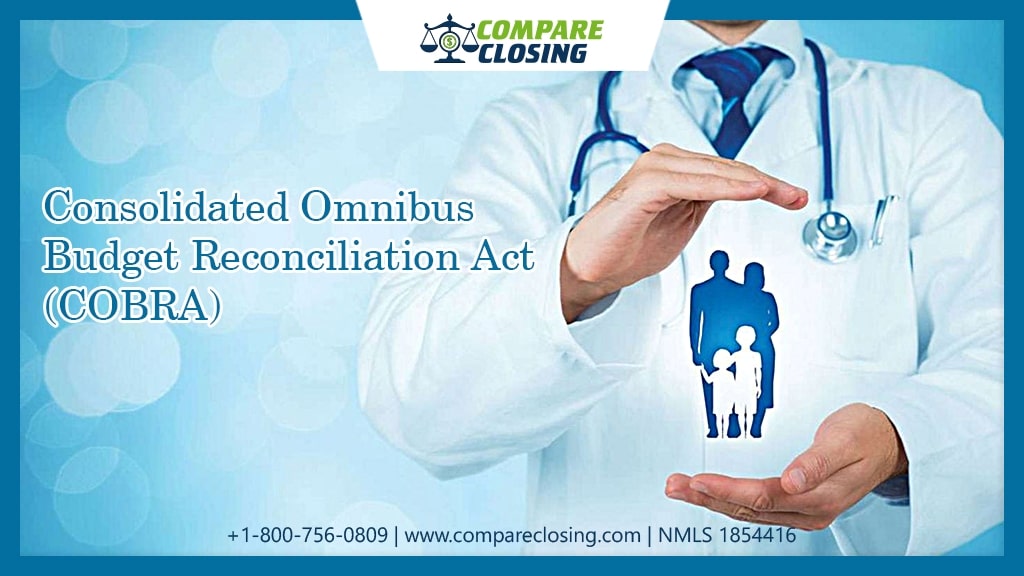Consolidated Omnibus Budget Reconciliation Act
The COBRA health regulation is a program established to ensure the continuation of healthcare for individuals during voluntary or involuntary job losses (Spiegel & Fronstin, 2020). The program mandates employer-provided health schemes to maintain care for employees and their families for 18 months. The program is beneficial since it ensures continued care for the employees and their dependents after a job loss. Hence, reducing the potential for poor health outcomes due to financial challenges (Golub & Chevlowe, 2021). As a result, it minimizes lapses in health coverage as beneficiaries transition to other health coverage options (Consolidated Omnibus Budget Reconciliation).

Besides, the program is also suitable for covering chronic health conditions and progressive treatments. More so, for conditions requiring beneficiaries to maintain a predictable coverage and network of providers (Spiegel & Fronstin, 2020). Nonetheless, it does not obligate beneficiaries to change healthcare providers. Moreover, since it offers similar coverage to the one under the employer before the job loss (Consolidated Omnibus Budget Reconciliation Act).
Additionally, states like Arizona and California have established mini-COBRA regulations to enhance access to care for group health plans. It permits individuals and their families to continue receiving coverage under circumstances that could have attracted loss of the coverage, such as allowing providers to demand six months of employment of beneficiaries before layoff (Golub & Chevlowe, 2021).
However, Spiegel and Fronstin (2020) observe that the program has some drawbacks, such as forcing the individual to pay 100% of the premiums for the employer and employee portion, including the 2% administrative fees. In this case, some employers are unlikely to pay the cost for former employees, increasing the financial burden on the individual (Consolidated Omnibus Budget Reconciliation).
Also, the expiry of the coverage after 18 months, or even when extended to 36 months, poses serious concerns to the individual, especially when they cannot secure stable employment (Spiegel & Fronstin, 2020). Therefore, despite the drawbacks, COBRA provides an essential buffer zone for risks of uninsurance and facilitates access to care as an individual seeks alternative coverage options (Consolidated Omnibus Budget Reconciliation Act).
References
Spiegel, J., & Fronstin, P. (2020, July 9). COBRA: A Closer Look at Who Enrolls and the Case for Subsidies. EBRI Issue Brief, no. 508. https://www.ebri.org/docs/default-source/ebri-issue-brief/ebri_ib_508_cobra.9jul20.pdf?sfvrsn=47e63d2f_6
Golub, I. M. & Chevlowe, R. K. (2021). COBRA Handbook, 2022 Edition. United States: Wolters Kluwer Legal & Regulatory. ISBN: 9781543838664
